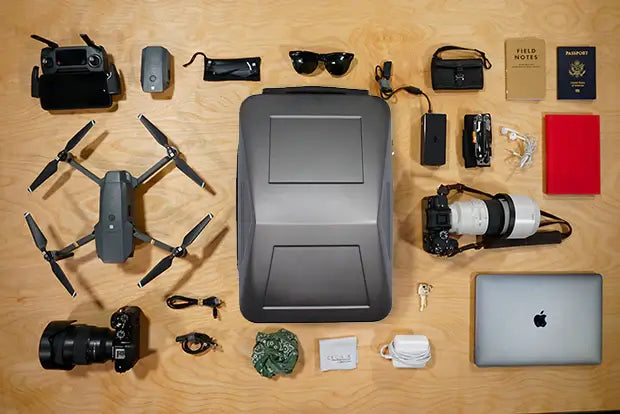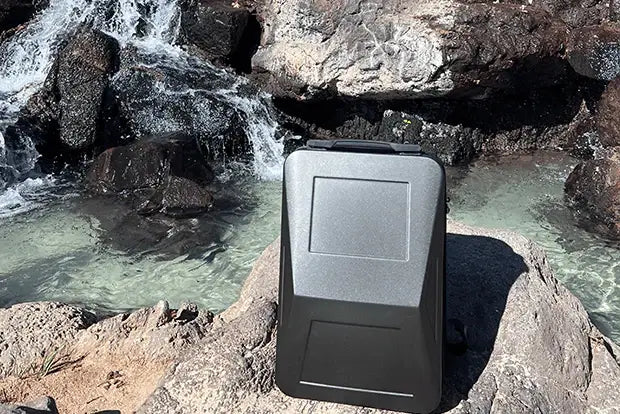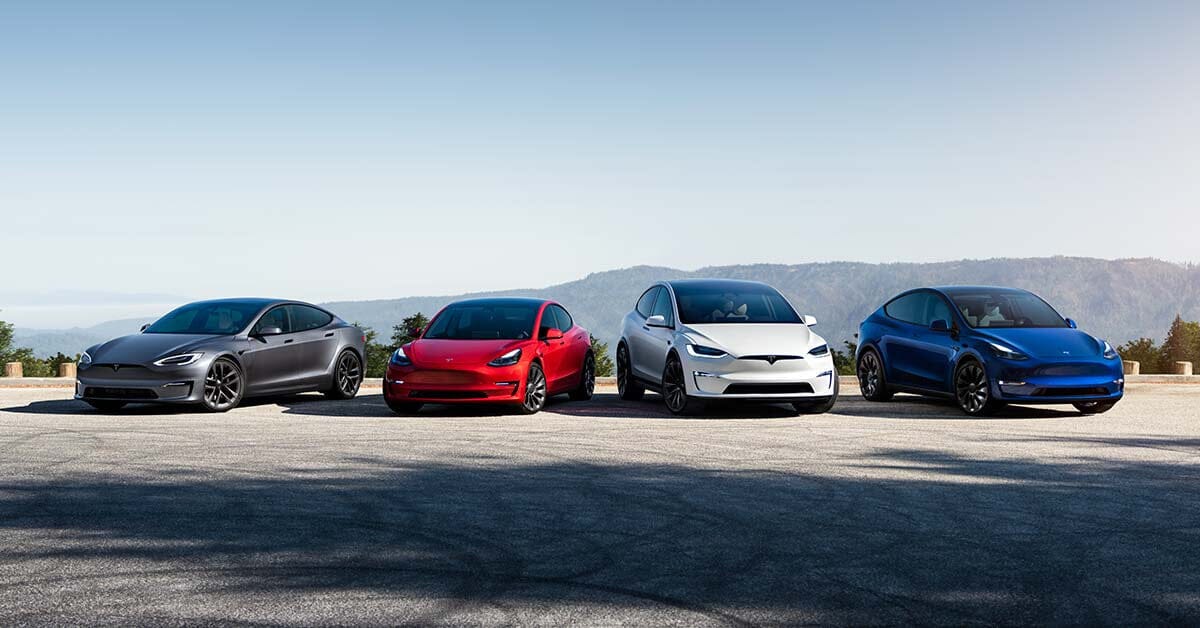The electric vehicle industry is currently experiencing a boom, with automakers putting multiple EVs on the market in the past year alone. Also, EV sales have grown rapidly over the last few years. However, while electric cars are relatively still in their infancy, down the line, we will have to answer this vital question: how long do electric car batteries last?
Batteries play a vital role in EVs because there is no motion without batteries. They are also the most expensive components in EVs, and replacing them is a significant investment for the car owner.
Most EV batteries are made from lithium-ion, similar to the ones in common electronic devices like smartphones and tablets. EV batteries lose capacity with each cycle, just like your phone battery does. This means the more you use them, charge up and deplete them, the shorter their lifespan.
However, EV batteries are different from other electronic device batteries when it comes to longevity. Your smartphone battery starts to show its age after a couple of years. What about EV batteries?
How long does an electric car battery last?
The main point is that EV batteries are intended to last because it is not practical to replace them or the whole car after a few years. One clue lies in the warranty EV makers offer on their batteries. Let’s look at the most popular EV brand, Tesla. The company provides different warranties on its cars, but the least is the standard 8 years or 100,000 miles battery warranty on the Model 3 .
This means if anything happens to your battery, save for intentional damage, before you own it for eight years or drive it for 100,000 miles, Tesla will replace the battery free of charge, no question asked. It also shows how confident Tesla is in its batteries and its design. The Tesla Model X gets a slightly better warranty of 8 years or 150,000 miles.
There is, however, something that happens gradually to EV batteries as they age; degradation. Each charging cycle takes a toll on the battery, making it lose capacity and the ability to hold a full charge. This means your 8-year-old battery will hold less charge and yield fewer miles than when you took delivery of the car.
So, even though your battery will not stop working after the 8th year, it will have less capacity and thus your vehicle will have a slightly less range. When it falls between 70 and 80 percent, the battery has reached end-of-life and is eligible for a replacement.
Interestingly, the CEO of Tesla, Elon Musk, said on Twitter that Tesla batteries are meant to technically last between 300,000 and 500,000 miles, although the warranty is far shorter.













